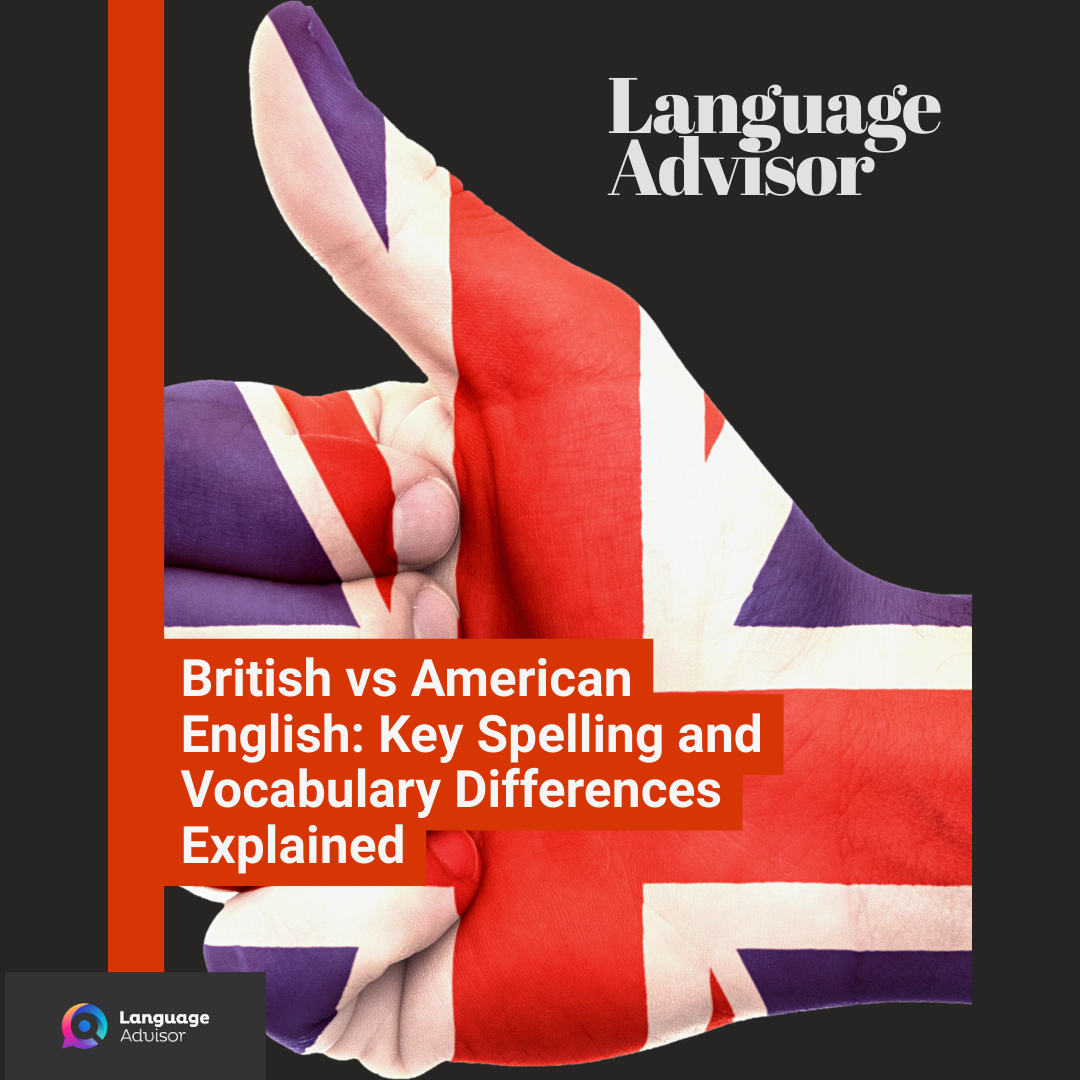British vs American English: Key Spelling and Vocabulary Differences Explained. Boost Your Language Skills with Fun and Effective Learning Tips
British vs American English: Key Spelling and Vocabulary Differences Explained


British vs American English: Key Spelling and Vocabulary Differences Explained
